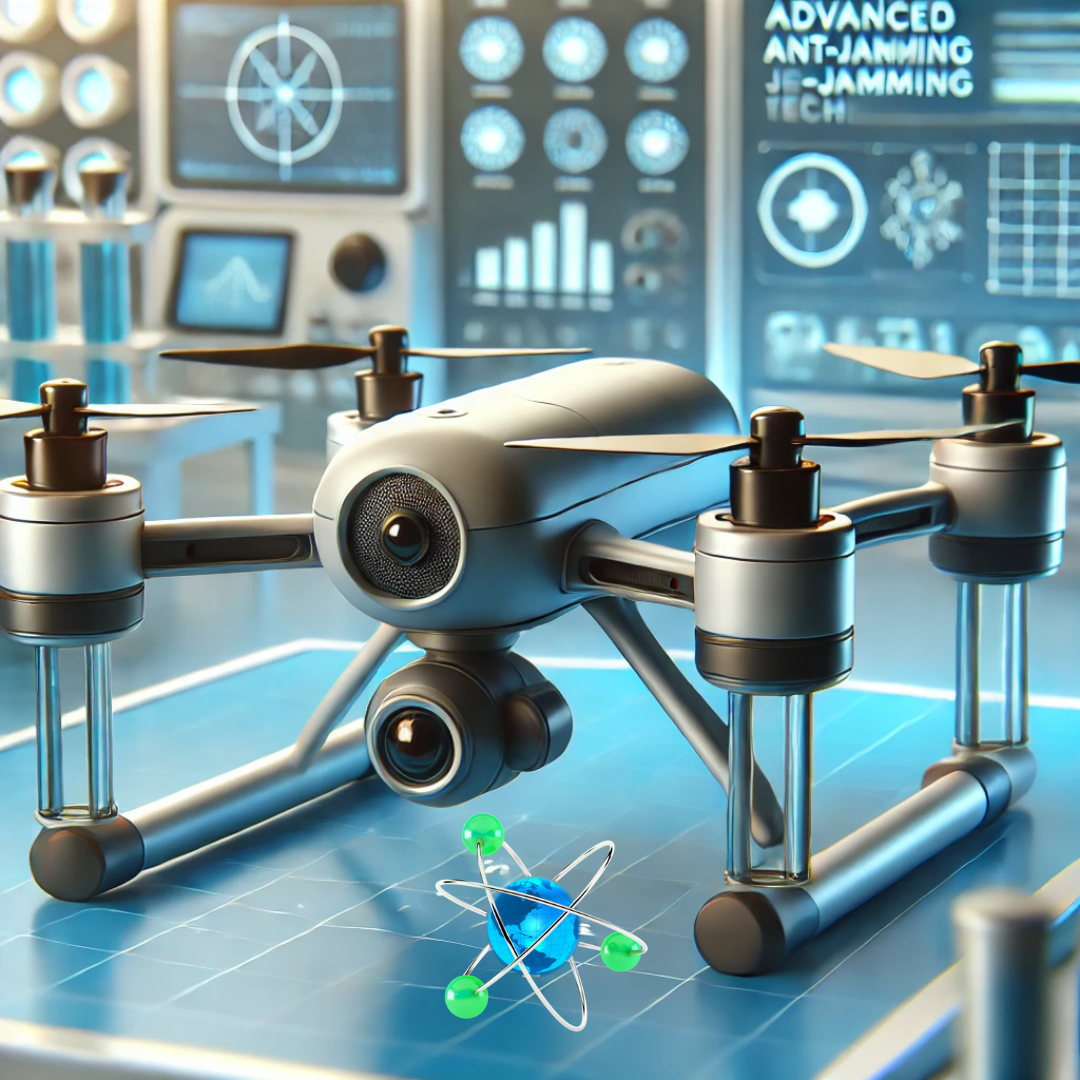
In a surprising move, the U.S. Army has chosen a relatively obscure drone manufacturer based in Salt Lake City, Utah, to supply thousands of small surveillance drones for its military operations. Teal Drones, a company that has been largely under the radar in the defense industry, was selected for the Army’s Short Range Reconnaissance program, which is aimed at equipping infantry platoons with portable, backpack-sized drones to enhance their reconnaissance capabilities.
This decision bypasses many of the venture capital-backed drone makers that dominate the U.S. drone market, including some high-profile billion-dollar companies from California. Instead, the Army has turned to Teal, a company founded over a decade ago by a teenage drone racer with no venture capital funding or flashy marketing. Before landing this contract, Teal had little record as a defense supplier, and its parent company, a publicly traded holding firm based in Puerto Rico, had seen its stock trading below $1 earlier this year.
The contract is a game-changer for Teal Drones. It is set to provide the Army with approximately 11,700 small drones—an order potentially worth around $260 million over the coming years. The drones will be deployed to assist U.S. soldiers, offering them portable surveillance tools similar to those used by Ukrainian forces in the ongoing conflict with Russia.
These lightweight drones, which weigh just 3 pounds and can fold up into a compact backpack size, will allow soldiers to conduct reconnaissance in areas where larger, more expensive surveillance systems might be impractical. The drones are equipped with advanced anti-jamming technology, designed and tested to ensure reliable performance in complex environments. Furthermore, the drones can fly autonomously, making them easy to operate in the field without extensive training.
Teal’s selection for this contract is particularly significant given the competitive landscape of the U.S. drone industry. The market is crowded with small drone manufacturers ranging from low-profile, founder-funded operations to well-established companies backed by billions in venture capital. Despite this, Teal’s unique combination of low cost, cutting-edge technology, and a reputation for innovation seems to have struck a chord with the Army’s needs.
The Army’s push to acquire thousands of these small drones is part of a broader strategy to enhance surveillance and intelligence-gathering capabilities. The U.S. military has recognized the increasing importance of drones on the battlefield, especially in light of their widespread use by adversaries like terrorist groups and state actors. This effort, which traces its roots back to 2009 when the Army first conceived the idea of equipping soldiers with hand-held reconnaissance drones, is a response to the growing threats posed by small, inexpensive drones that have been used as weapons in conflicts around the world.
However, while the Pentagon has expressed a desire to expand its drone fleet, it has yet to make significant investments in small, commercially available drones. According to the Defense Innovation Unit, which helps startups sell their products to the military, the Pentagon currently accounts for less than 2% of all U.S. drone system sales, including both commercial and government sectors.
Teal’s success in securing this contract with the Army signals a shift in the defense industry, where smaller, more agile companies may have a chance to compete with larger, more established players. The deal also underscores the growing demand for affordable, highly capable drones that can provide real-time intelligence and enhance the operational effectiveness of U.S. military forces.
With this contract, Teal Drones is poised to become a significant player in the defense sector, marking a major milestone for the company and setting a new precedent for small, innovative manufacturers in the drone industry.
